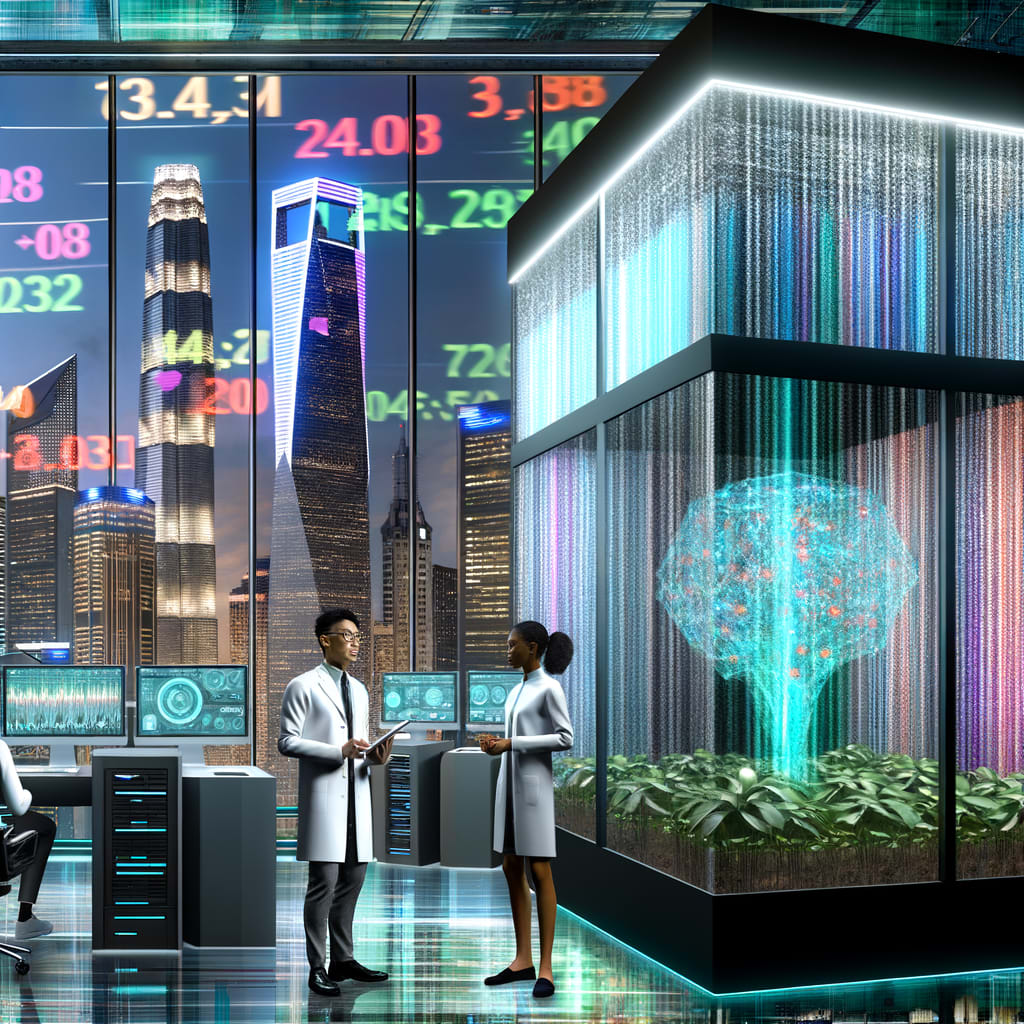AI Superintelligence Debate Intensifies: Concerns Raised Over Potential Threats and Market Bubble
Prominent public figures, including the Duke and Duchess of Sussex, have joined artificial intelligence (AI) pioneers and Nobel laureates in calling for a ban on developing superintelligent AI systems. This comes amid escalating warnings from experts about the rapid advancement of AI models and potential threats they pose. Simultaneously, concerns are growing over the increasing use of AI in various sectors, including entertainment, personal relationships, and even defense, which has sparked fears of a market bubble.
A Global Plea to Halt the AI Race
A letter released by a politically and geographically diverse group, including figures such as Prince Harry, Meghan, Steve Bannon, Glenn Beck, Apple co-founder Steve Wozniak, and Virgin Group founder Richard Branson, has called for a ban on AI “superintelligence” that could surpass human intelligence12. The group argues that unchecked superintelligent AI could trigger economic chaos, undermine human freedom, and even pose a threat to human existence3.
AI in Everyday Life: A Double-Edged Sword?
While the proliferation of AI has raised alarm, it has also been integrated into various aspects of life. AI has made its way into the animation industry, with directors urged to use AI as a tool, not a shortcut4. Yet, it's not just professional applications that are seeing the rise of AI. A new survey revealed that nearly one in five high school students in the United States have used AI in their romantic relationships5. However, there are concerns that AI, if improperly regulated, could lead to a loss of tolerance for relationships with flesh and bone beings6.
The Market Bubble Question
As AI continues to penetrate various sectors, there are growing concerns about the sustainability of its market. Some experts warn that the world might be heading towards an AI market bubble, which, if it bursts, could push the world into a recession7. The world economy hinges on the success or failure of artificial intelligence, and it's becoming apparent that we are probably doomed either way7.
Security Concerns
With AI models becoming more advanced, there are growing security concerns. Former Google CEO Eric Schmidt has warned that AI systems can be hacked and retrained in ways that make them dangerous8. Meanwhile, AI is also being utilized in the defense sector, with the American startup Shield AI unveiling an autonomous aircraft guided by AI9.
The AI Race Continues
Despite the growing concern, the race for AI supremacy continues unabated. Chinese AI start-up Shengshu AI has recently rolled out Vidu Q2, a new video-generation model aimed at challenging OpenAI’s Sora10.
Concluding Thoughts
The debate over AI superintelligence underscores the need for a comprehensive global strategy to regulate the development and use of AI. While AI has the potential to revolutionize various sectors, unchecked advances could lead to significant economic, social, and security threats. As such, it's crucial to strike a balance between harnessing the benefits of AI and mitigating its potential risks.

